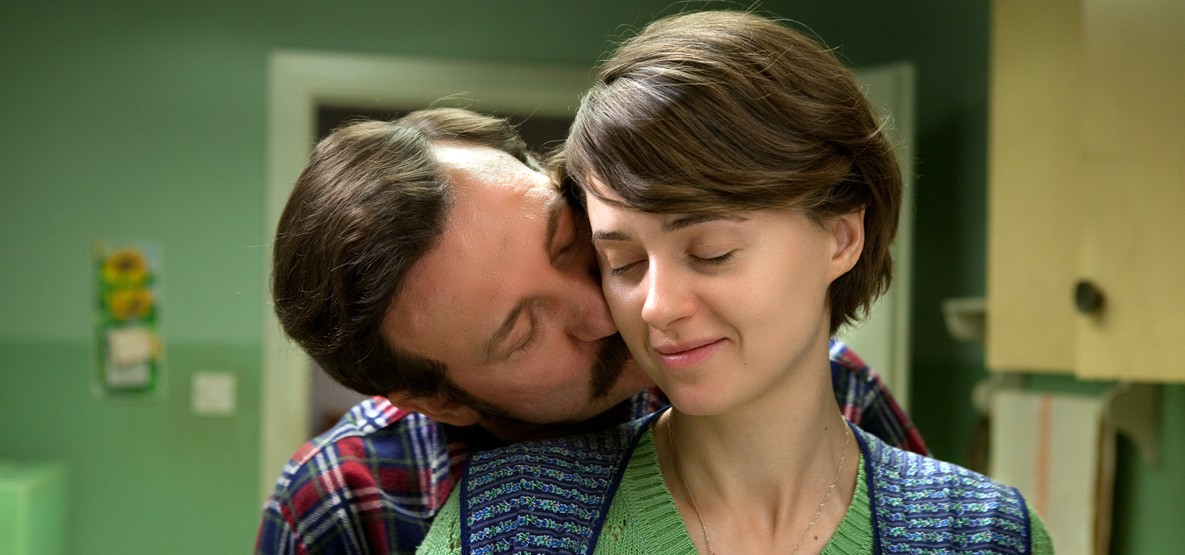A very interesting film that charts the rise of electrician Lech Walesa, from dockland worker in Gdansk in the early seventies to the co-founder and leader of the first independent trade union movement in Poland (and indeed the Soviet bloc) over the next two decades, and eventually the winner of the Nobel peace prize and the presidency of the Polish nation. Internationally respected director Andrzej Wajda had in mind to simply relate a factual account of events, without the traditional sort of narrative that we might expect from a Hollywood biography – and the result is a fascinating story, albeit one that does lack a certain emotional connection at times.
Mixed in with the relation of events chronologically is an interview with Walesa that seems to try and provide insights into his character not given elsewhere, but here the film is at its weakest, with the meaning a little too ambiguous and unclear (anyone under the microscope in an interview is already giving us an out of context glimpse of their personality, likely with an agenda behind their answers) and the heavy stylised use of cigarettes – smoking certainly fits into the historical context here, but with the interview it serves no real purpose, and for a film decrying the corruption of big business it seems markedly odd to be kowtowing to one of the most pervasive, corrupt and destructive businesses there has ever been.
Notwithstanding the occasional drifting of one’s attention, the tale is a fascinating and important one, promoting the rights of the common man as well as the power of self belief and determination to accomplish truly great deeds, as we watch Walesa battle against severe, and at times deadly, political forces. Robert Wieckiewicz as Walesa is believable throughout and seems perfect for the role, with Agnieszka Grochowska as his beautiful but constantly stressed out wife just as good. Real archive footage was used throughout – sometimes with Wieckiewicz’s face digitally imposed on top, and the style of the film very much mirrors one shot in the seventies.

